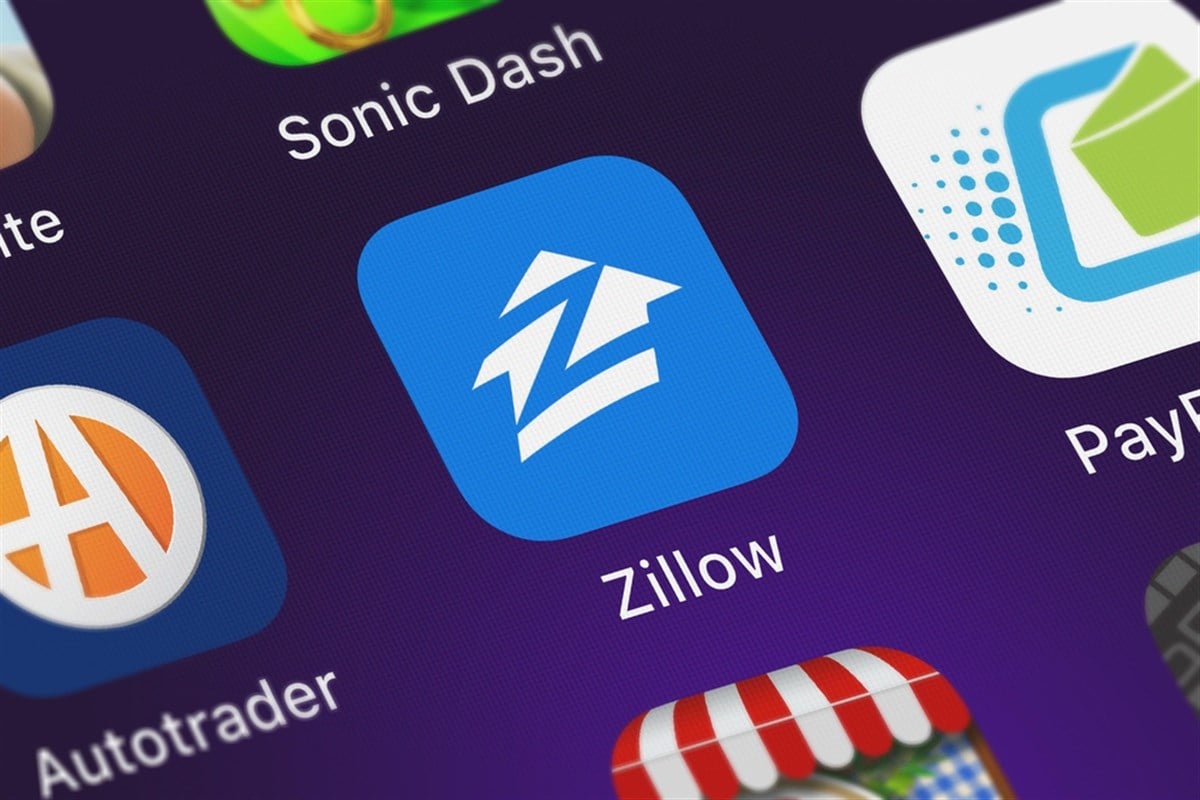
Industries that have stood the test of time are typically very reliable and provide an extended track record of success; what most people (and investors) need to prepare for is an inevitable wave of innovation, usually driven by technology, to bring on efficiency. More important to you than efficiency is the profits that technology brings.
Real estate firms have been complacent with their stability and success, not worrying much about innovation and technology implementation. However, more than ever, these firms need the aid of companies like the Zillow Group (NASDAQ: Z) to help deliver the new wave of activity that is surging.
Now that money is set to become cheaper, as a result of a United States FED turning dovish and even giving expectations of up to six rate cuts coming in 2024, homebuilders like Lennar (NYSE: LEN) and D.R. Horton (NYSE: DHI) are gearing up to meet the coming housing demand; as always, NYSE: LEN" target="_blank" rel="noopener">Buffett is already well positioned in these stocks anticipating the wave.
The turnaround is here
The real estate sector realized it is in a bit of a conundrum. You see, most people are not willing to sell their homes today, and at the same time, most people are staying away from buying homes due to their current prices and unaffordable mortgage rates.
So, will home prices come down because people begin selling? Or will people start selling because prices will come down? Well, neither. Because the market is at a stalemate between supply and demand, the only way to really stimulate it is by building.
Increasing supply could spark a bit of a price normalization. However, mortgages are still more than double what they were just two years ago! But don't worry, that part of the equation is also being solved by the brave boys at the FED.
Following the FED's median sales price index, you will see that the average home price in the U.S. stands at roughly $431 thousand. For context, the average before the COVID-19 pandemic (2019) stood at only $327 thousand. So homes are not only 31.8% more expensive, mortgages also doubled in cost!
To recap, home prices will be normalized by adding new inventory, which is the central thesis behind Buffett buying stocks like Lennar and D.R. Horton. Secondly, the FED is acting to lower interest rates to make mortgages more affordable. End result? Housing demand boom.
Knowing what you know now, would it be surprising that all this newly listed inventory for sale has to be listed in America's preferred property search engine? Right, so Charles Schwab (NYSE: SCHW) is justified in upping its take in Zillow stock by as much as 23.6% in the past quarter.
Checklist
When it comes to real estate operations, Zillow takes the crown from all its peers in the space. Starting with projected earnings per share growth, analysts see a 28.8% jump to be coming in the next twelve months, which is superior to the average 17.9% growth expected from the industry.
Considering that the fundamental stars are aligning to bring Zillow extra revenue - and attention - it would make sense that the price action is bullish so far. You see, Zillow stock is trading at 98.0% of its 52-week high values, though nothing compared to its all-time high price of $208.1.
For reference, Zillow stock rose to those high levels during 2021. There is one factor in common that could make history repeat itself: 2021 was also a period of low interest rates in the U.S. economy.
According to the company's third quarter 2023 shareholder letter, the United States housing macro environment (high-interest rates and tight inventory) caused some headwinds in the company's financials. Despite all this, management still reported better-than-expected figures.
Once these obstacles are out of the way, it would be 'game-on' for analysts to adjust their current price targets, which may assume a prolonged bearish outlook in the real estate industry. And bears do currently have control of the space; here's how:
The Vanguard Real Estate ETF (NYSEARCA: VNQ), considered a forward-looking proxy for where the market believes the housing market is headed, has underperformed the S&P 500 by 18.2% in the past year. However, in the past month alone, the ETF outperformed the market by 6.0%, meaning a turnaround may soon be in your hands.
The fundamentals are warming up to take the industry higher, and new inventory needs to be connected with willing buyers; who better to make that happen than Zillow? If not a potential investment, let its future performance be a lesson in macro mechanics.





